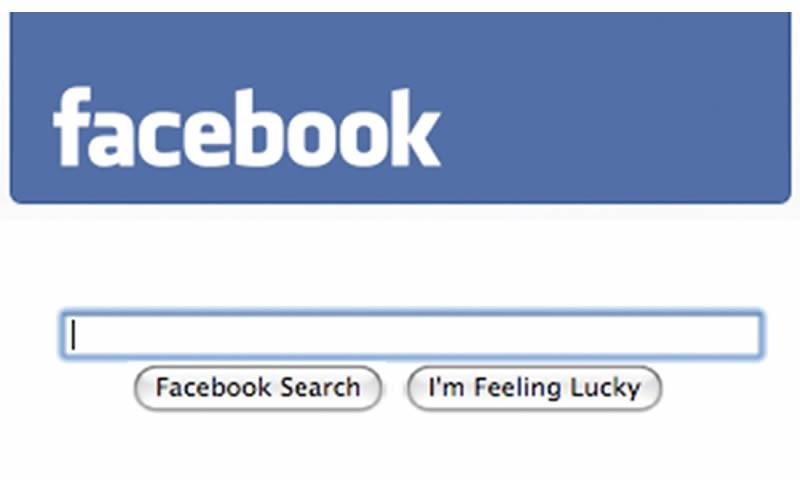Have you ever noticed the new page in Facebook called Add a Link? This latest development with Facebook, allegedly is Facebook search engine it allows users to get results from around the internet just like Google does.
It is also confirmed by a Facebook Spokesperson that “We’re piloting a new way to add a link that’s been shared on Facebook to your posts and comments.” In other words it is Facebook’s in-app an in-house search engine.
People share stories in Facebook and these stories comes from different websites. How will you like it if you would find stories you want to share without necessarily leaving Facebook? That will be the role of Facebook’s in-house search engine.
Google is Facebook competitor for the mobile ad revenue perhaps this is the reason why Facebook develop its own in house search engine to address the way how Facebook users uses it’s networking site. Facebook acknowledges how its users uses the site, let say for example one particular user signed in to Facebook and will leave the site to search for interesting and entertaining stories probably that user will go to Google, once the user finds an interesting story it will then return to Facebook and the next thing is it will share that story. Facebook has millions of users, the behavior of how its users uses the site is a frustration to Facebook. Thus and so the Facebook in-house search engine is the answer to this frustrating behavior.
In line with that Senior Analyst at IHS Technology, Eleni Marouli said that, “The more functions the Facebook app can deliver, the more user engagement it can provide for its clients: advertisers.”
Today, Facebook has a great impact to the world that it becomes one of the favorite destinations of people using the internet. It is a site where people want to go, people visit and people stays most of the time. That is the reason behind it has millions of users that uses it every day.
Facebook latest move to house a search engine where users will not necessarily leave the site is to keep its revenue pouring as 73 percent of the company’s $3.32 billion advertising revenue came from mobile devices last quarter. At the same time nine out of 10 Facebook users accessed the service from a mobile device, followed by Google at 23.6 percent and Twitter.
On the other hand Google leads in terms of search-based revenues but according to Senior Analyst Raúl Castañón-Martínez:
- Facebook has been increasing its market share of the global mobile advertising business for about two years now, and Google remains number one but its market share keeps decreasing. This is bad news for Google because the market is actually growing; FB has monopolized most of this growth.
- After the limited impact of Graph Search which was launched a couple of years ago, it is important to approach Facebook’s in-app search with caution. Facebook is a (perceived) personal space to share and find content with friends, not a classification engine for the whole web.
- Facebook has an advantage because it has a massive amount of data on user behavior that Google doesn’t have access to. It knows how people have responded to its links beyond just clicks and engagement time, theoretically enabling them to surface stories and sites that real human beings have deemed most worthy.
- For Facebook users, this will become their first option that gives Facebook a huge advantage, even if its search engine is not as effective.
